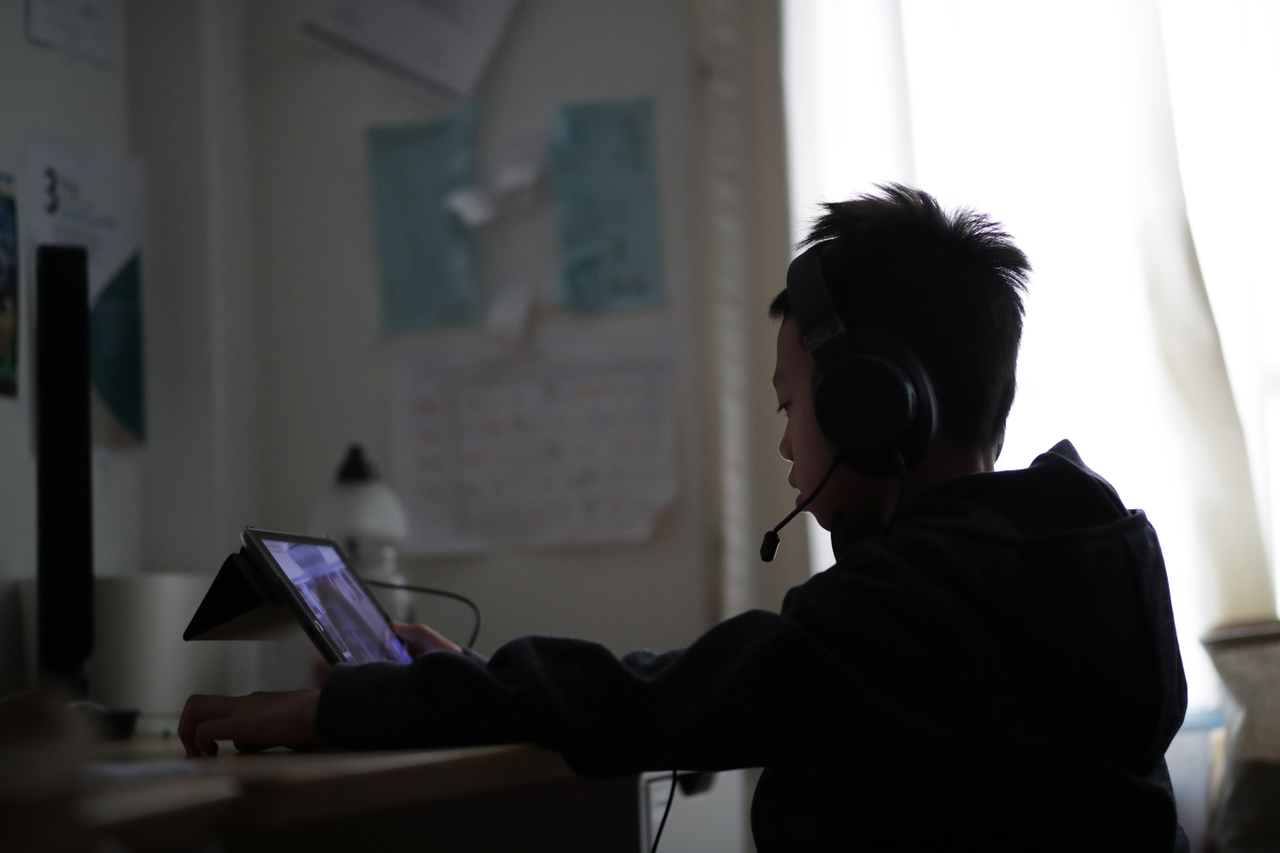Parliament: Pupils applying for DSA this year to go through video interviews and auditions
Sign up now: Get ST's newsletters delivered to your inbox

The e-interview sessions will take place from early July to mid-September.
PHOTO: ST FILE
Follow topic:
SINGAPORE - Applying for this year's Direct School Admission (DSA) scheme will be taken online, with schools having to observe safe distancing measures.
Education Minister Ong Ye Kung said on Tuesday (May 5) that schools will not be able to depend on traditional selection methods like trials and auditions.
Instead they will conduct interviews through video-conferencing tools, which students and teachers have become more familiar with during the course of full home-based learning.
"To ensure an even playing field with a common setting and equipment for e-interviews, students will go to their own primary school to participate in the e-interviews," he said, in response to Mr Darryl David (Ang Mo Kio GRC), who had asked how school closures would affect the DSA application process.
The e-interview sessions will take place from early July to mid-September, and will be spaced out to avoid intermingling of students, said Mr Ong.
E-auditions for arts talents, like singing, dancing or drama, could also be carried out.
The timeline for accepting DSA applications is mid-May to early June, similar to previous years.
The scheme recognises talents in non-academic areas such as sports and the arts, and grants Primary 6 pupils places in secondary schools before they sit the Primary School Leaving Examination.
Mr Ong said that the DSA scheme will try to take in as many students as it did last year. It had 3,500 students who successfully applied to secondary schools through DSA last year.
With regard to students on the DSA sports route, Mr Ong said: "Without selection trials and with the suspension of the National School Games, secondary schools will need to give more recognition to the student's talent, potential, passion and character through their school track record and information provided in the students' online applications."
In lieu of placements in a national competition, schools will look out for how students have shown dedication to their sport, as well as training attitude.
"This is not entirely new, but if the circumstances this year force schools to re-evaluate their definition of a good sportsperson, I think it's not a bad outcome at all," said Mr Ong.
Each school will have to decide how to evaluate students consistently and fairly, he added.
He added that primary schools will also step up efforts to encourage students with ability and potential, especially those from less-advantaged family backgrounds, to apply for secondary school places via DSA.
Mr Ong said the Ministry of Education (MOE) has over the years taken steps to reduce the overemphasis on examinations and grades.
"Now, Covid-19 is forcing us to adopt more alternate evaluation tools and make greater efforts to exercise judgement on the potential and character of a child," he said.
Responding to Mr David, who raised concerns about the absence of common benchmarks to assess students this year, Mr Ong said: "I think we may have to go beyond timings or grades and to really also put some weight on the child's dedication, how hard they train, (and) the schools have those records.
"Schools have to dig a bit deeper this year, given the circumstances, (they) have to come up with alternate criteria and explain them transparently to students and parents."
He also said parents and students have to accept that schools have to exercise some judgment this year, in the absence of objective markers.
"This is in a way, how life is."

